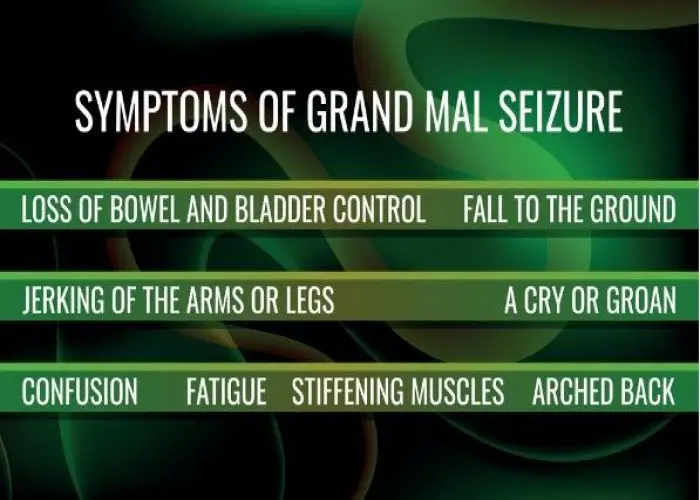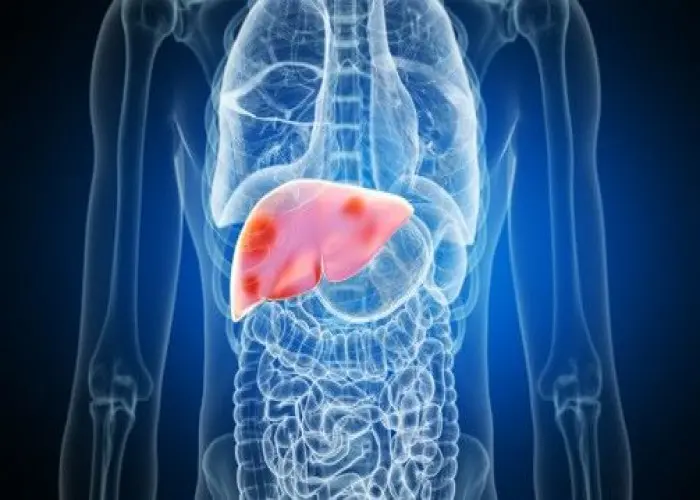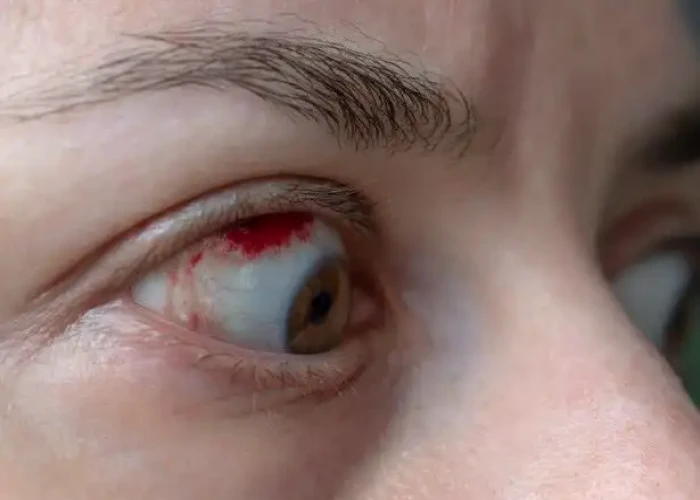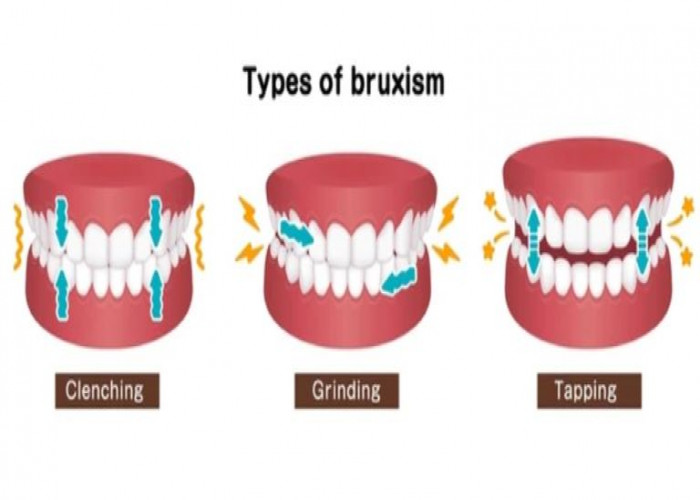 Welcome
Welcome
“May all be happy, may all be healed, may all be at peace and may no one ever suffer."
Bruxism (teeth grinding)

Bruxism is a medical condition characterized by the clenching, grinding, or gnashing of teeth, typically during sleep. It can also occur during the day, particularly when the person is under stress. Bruxism can cause a range of symptoms, including tooth wear, jaw pain, headaches, and earaches, among others. In severe cases, it can lead to damage to the teeth and surrounding tissues. Treatment may include the use of a mouthguard or splint to protect the teeth and prevent further damage, as well as addressing any underlying causes such as stress or anxiety. In some cases, medication or behavioral therapy may also be recommended. Maintaining good oral hygiene and regular dental check-ups can also help prevent complications associated with bruxism.
Research Papers
Disease Signs and Symptoms
- Insomnia, irritability, teeth grinding and restlessness
- Pain that feels like an earache, though it's actually not a problem with ear
- Tired or tight jaw muscles, or a locked jaw that won't open or close completely
- Teeth grinding or clenching, which may be loud enough to wake up your sleep partner
- Trouble sleep (insomnia)
- Headaches
- Toothache
- Tooth sensitivity
- Tooth enamel damage
- Dull headache starting in the temples
Disease Causes
Bruxism (teeth grinding)
Doctors don't completely understand what causes bruxism, but it may be due to a combination of physical, psychological and genetic factors.
- Awake bruxism may be due to emotions such as anxiety, stress, anger, frustration or tension. Or it may be a coping strategy or a habit during deep concentration.
- Sleep bruxism may be a sleep-related chewing activity associated with arousals during sleep.
Disease Prevents
Disease Treatments
In many cases, treatment isn't necessary. Many kids outgrow bruxism without treatment, and many adults don't grind or clench their teeth badly enough to require therapy. However, if the problem is severe, options include certain dental approaches, therapies and medications to prevent more tooth damage and relieve jaw pain or discomfort.
Talk with your dentist or doctor to find out which option may work best for you.
Dental approaches
If you or your child has bruxism, your doctor may suggest ways to preserve or improve your teeth. Although these methods may prevent or correct the wear to your teeth, they may not stop the bruxism:
- Splints and mouth guards. These are designed to keep teeth separated to avoid the damage caused by clenching and grinding. They can be constructed of hard acrylic or soft materials and fit over your upper or lower teeth.
- Dental correction. In severe cases — when tooth wear has led to sensitivity or the inability to chew properly — your dentist may need to reshape the chewing surfaces of your teeth or use crowns to repair the damage.
Other approaches
One or more of these approaches may help relieve bruxism:
- Stress or anxiety management. If you grind your teeth because of stress, you may be able to prevent the problem by learning strategies that promote relaxation, such as meditation. If the bruxism is related to anxiety, advice from a licensed therapist or counselor may help.
- Behavior change. Once you discover that you have bruxism, you may be able to change the behavior by practicing proper mouth and jaw position. Ask your dentist to show you the best position for your mouth and jaw.
- Biofeedback. If you're having a hard time changing your habits, you may benefit from biofeedback, a method that uses monitoring procedures and equipment to teach you to control muscle activity in your jaw.
Medications
In general, medications aren't very effective for treatment of bruxism, and more research is needed to determine their effectiveness. Examples of medications that may be used for bruxism include:
- Muscle relaxants. In some cases, your doctor may suggest taking a muscle relaxant before bedtime, for a short period of time.
- Botox injections. Injections of Botox, a form of botulinum toxin, may help some people with severe bruxism who don't respond to other treatments.
- Medication for anxiety or stress. Your doctor may recommend short-term use of antidepressants or anti-anxiety medications to help you deal with stress or other emotional issues that may be causing your bruxism.
Treating associated disorders
Treatment for associated disorders may include:
- Medications. If you develop bruxism as a side effect of a drug, your doctor may change your medication or prescribe a different one.
- Sleep-related disorders. Addressing sleep-related disorders such as sleep apnea may improve sleep bruxism.
- Medical conditions. If an underlying medical condition, such as gastroesophageal reflux disease (GERD), is identified as the cause, treating this condition may improve bruxism.
Disease Diagnoses
Disease Allopathic Generics
Disease Ayurvedic Generics
Disease Homeopathic Generics
Disease yoga
Bruxism (teeth grinding) and Learn More about Diseases

Stress fractures

Grand mal seizure

High cholesterol

Lung cancer

Hemochromatosis

Constipation

Keratitis

Subconjunctival hemorrhage (Broken blood vessel in eye)
Bruxism, Teeth grinding, Clenching, Grinding teeth in sleep, ব্রুকসিজম, দাঁত পিষা
To be happy, beautiful, healthy, wealthy, hale and long-lived stay with DM3S.
